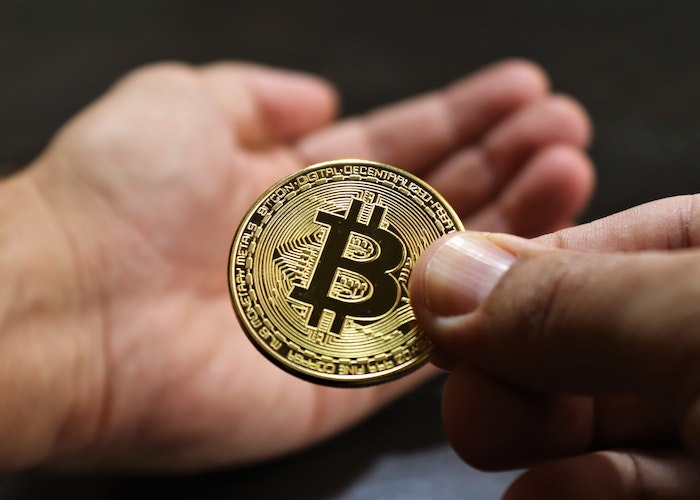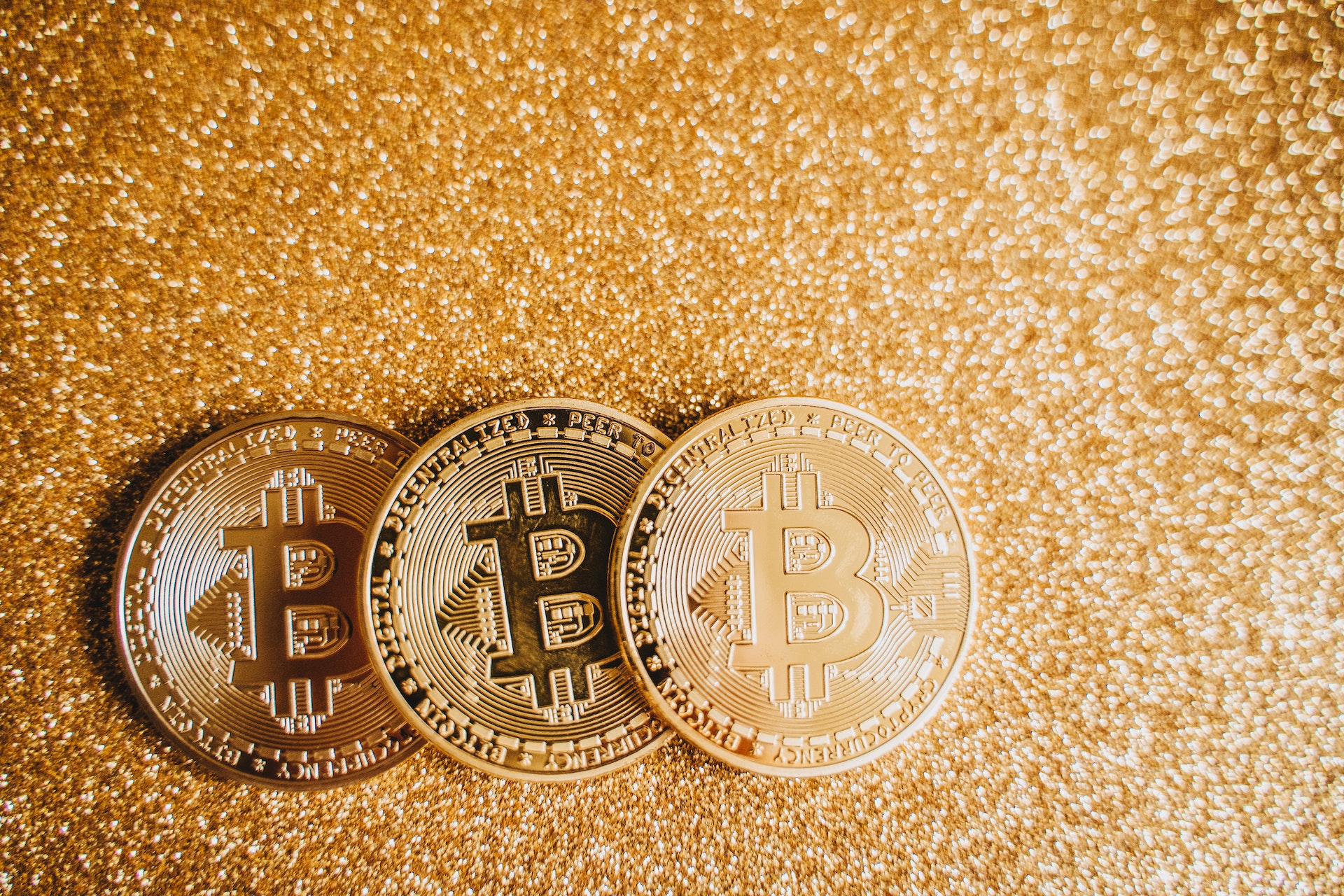As the popularity of cryptocurrencies continues to grow, it becomes increasingly important to prioritize the security of your digital assets. With the decentralized and digital nature of cryptocurrencies, securing them requires a proactive approach to protect against potential risks and threats. In this comprehensive guide, we will explore ten essential tips to keep your cryptocurrency secure. By implementing these best practices, you can safeguard your investments, protect your digital identity, and ensure peace of mind in the cryptocurrency space.
You should also visit these posts
Avoid Common Cryptocurrency Scams
Set Up Two-Factor Authentication
Pros and Cons of Hot vs. Cold Wallets
Wallets for Cryptocurrency Storage
How to keep your Cryptocurrency Secure?

1. Choose a Secure Wallet
Selecting a secure wallet is crucial for safeguarding your cryptocurrencies. Opt for wallets that offer robust security features, such as encryption, two-factor authentication (2FA), and biometric authentication. Consider hardware wallets, like Ledger or Trezor, which provide offline storage and an added layer of protection against online threats. Research and choose a reputable wallet that aligns with your security needs and the specific cryptocurrencies you hold.
2. Enable Two-Factor Authentication (2FA)
Enabling 2FA adds an extra layer of security to your cryptocurrency accounts. It requires an additional verification step, such as a unique code generated on your smartphone, to access your accounts. Enable 2FA wherever possible, including your cryptocurrency exchange accounts, wallet applications, and any platforms that involve the management or storage of your digital assets.
3. Keep Software Up to Date
Regularly updating your software, including operating systems, wallets, and applications, is essential for maintaining security. Software updates often include important security patches that address vulnerabilities and protect against known threats. Set up automatic updates whenever possible or periodically check for and install the latest updates manually.
4. Be Cautious of Phishing Attempts
Phishing attempts are a common method used by hackers to gain unauthorized access to your cryptocurrency accounts. Be cautious of unsolicited emails, messages, or links that request personal information or direct you to log in to a suspicious website. Always verify the legitimacy of the sender or website before providing any sensitive information. Avoid clicking on unfamiliar links and double-check the website’s URL to ensure it matches the official website of the service you are using.
5. Practice Safe Internet Browsing
When engaging in cryptocurrency-related activities online, it’s crucial to practice safe internet browsing habits. Use secure and reputable websites for transactions, wallet management, and exchanges. Avoid clicking on suspicious ads, downloading files from untrusted sources, or visiting potentially malicious websites. Install reputable antivirus and anti-malware software to provide an extra layer of protection against online threats.
6. Secure Your Private Keys
Private keys are the access codes that allow you to control and transfer your cryptocurrencies. Safeguarding your private keys is paramount. Consider using hardware wallets or cold storage solutions to store your private keys offline. Make encrypted backups of your keys and store them in secure locations. Avoid sharing your private keys with anyone and be cautious of phishing attempts or fraudulent schemes that may try to trick you into revealing this sensitive information.
7. Use Strong and Unique Passwords
Creating strong and unique passwords is crucial for protecting your cryptocurrency accounts. Avoid using common or easily guessable passwords. Instead, use a combination of uppercase and lowercase letters, numbers, and symbols. Consider using a password manager to securely store and generate complex passwords for your various accounts. Using unique passwords for each account ensures that a compromise in one account doesn’t put all your other accounts at risk.
8. Be Mindful of Public Wi-Fi
Public Wi-Fi networks are often insecure and can expose your data to potential risks. Avoid accessing your cryptocurrency accounts or performing any sensitive transactions while connected to public Wi-Fi. If necessary, use a virtual private network (VPN) to establish a secure connection and encrypt your data while connected to public networks.
9. Be Wary of Third-Party Services

Exercise caution when using third-party services or applications related to cryptocurrencies. Verify the credibility and security measures of any service or application before providing them access to your cryptocurrency accounts or private keys. Research and read reviews from trusted sources to ensure the service or application has a positive reputation for security and reliability.
10. Stay Informed and Educated
Staying informed and educated about the latest security practices in the cryptocurrency space is essential. Follow reputable sources, cryptocurrency communities, and forums to stay updated on potential risks, vulnerabilities, and best practices for security. Regularly educate yourself about emerging threats and security measures to adapt and strengthen your security protocols accordingly.
Conclusion
Protecting your cryptocurrency investments and personal information requires a proactive and security-conscious approach. By following these ten tips to keep your cryptocurrency secure, you can significantly reduce the risk of unauthorized access, hacking, and other potential threats. Remember to choose secure wallets, enable two-factor authentication, keep your software up to date, be cautious of phishing attempts, practice safe internet browsing, secure your private keys, use strong and unique passwords, be mindful of public Wi-Fi, be wary of third-party services, and stay informed and educated about the latest security practices. By prioritizing security, you can enjoy the benefits of cryptocurrency while minimizing potential risks and ensuring the long-term safety of your digital assets.
